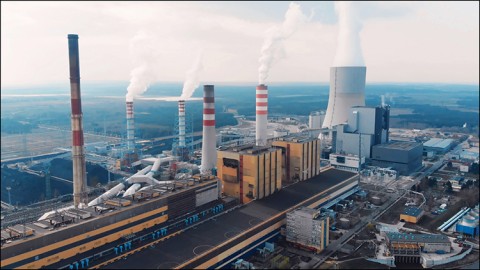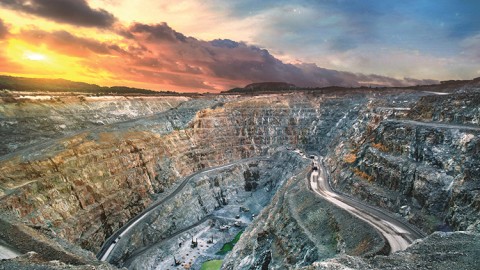To begin with, the market of natural gas is currently undergoing significant change, shifting from regional cooperation to an increasingly international and interconnected economy. Given the ongoing condition of surplus in the gas market, this change is causing new security-related worries, which are still present. Natural gas plays a significant role in the transition to cleaner energy because of the amalgamation of two main factors—a decrease in greenhouse gas (GHG) pollution and increased energy security.
General Overview
Firstly, considering natural gas is mostly transported via pipelines, as opposed to crude oil, which has become more interconnected and often trades at one rate globally, the outcome is a largely dispersed global market. The natural gas market is so fragmented that in addition to regional pricing differences, high costs in a particular area of the globe may not always be passed on to customers in different parts of the world. As suggested by a Natural Gas Operations Manager, “Egypt has the [ability] to lead the countries nearby and act as a leader on the way to making Egypt transition to natural gas in different sectors (like transportation or oil and gas) and at the same time, securing energy on a national level”.
Energy security includes ensuring an economical energy supply in addition to maintaining the constant availability of electricity. As a matter of fact, energy security is a subject of ongoing relevance, and because of the worldwide shortage of energy brought on by the Russian attack on Ukraine, the issue is presently at the forefront of the list of priorities. Energy price increases have reached levels that have significantly worsened the prospect for the world economy, made things tough for both industry professionals and businesses, and forced numerous authorities to re-evaluate their framework setup and goals.
The Pressures of Energy Security
Nations are under stress due to a shortage of local energy supply as well as cultural concerns connected to the environment to resist the temptation of readily available resources like coal, especially in the near future. Germany is an ideal case study. In fact, Germany is interested in discontinuing coal as a source of energy but sees a desire to slow down the switch to natural gas due to worries regarding cost as well as security. Germany might decide to speed up its drive in the direction of wind and solar meanwhile promoting consumer shift in the direction of energy conservation to address this issue. Additionally, it might adopt a dramatic plan for effective construction that would enhance the way buildings and companies utilize energy.
The urgent need for fossil fuels in nations, along with their financial capabilities to meet that need, attracts supply from alternate markets and places them in a difficult position, both inside and outside of their own perimeters. This conundrum is evident in the construction of new LNG import facilities in nations that try to transition away from petroleum and coal. In nations that have just begun to import LNG or that are looking to increase their current import ability, the competition for supplies drives up costs and weakens the economic rationale for LNG.
Furthermore, the local extraction of oil and gas is prioritized in the United States. One indication of this trend is an increase in US rig numbers. If additional supplies can be provided at volume in a period of two to three years, US shale gas that comes in the form of LNG unexpectedly proves to be highly appealing to consumers. As a novel environmentally friendly energy system develops, the quick reaction enables US LNG to be sold as a solution to problems related to the security of the supply of energy. However, there are obstacles to future drilling, since both funding organizations and those opposed to climate change have issued warnings. One solution, especially in the US because the physical structure is established and the technological ability is there, is the implementation of the capture and storage of carbon.
Additionally, the need for natural gas as a form of power rises in the decade of 2020 and then starts to fall. But business demand for natural gas is still rising. This is partly caused by an increase in the processing of mineral substances, which is necessary for the development of energy sources that are renewable.
In conclusion, the adoption of low-carbon technology is significantly increased by the need for energy security. However international rivalry generates a number of low-carbon technological competitions. Various nations compete for reliable energy sources and concentrate on constructing energy resiliency to survive unforeseen events, instead of collaborating to rescue the earth. Thus, the transition through natural gas can be enhanced by ensuring that nations cooperate with one another to strive for a cleaner and better future.








